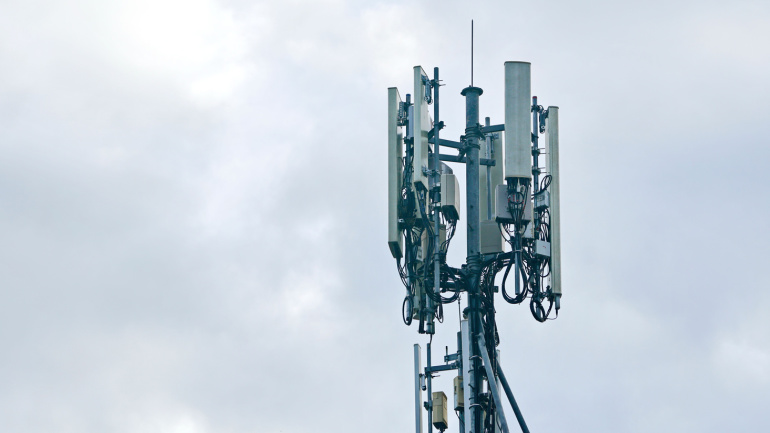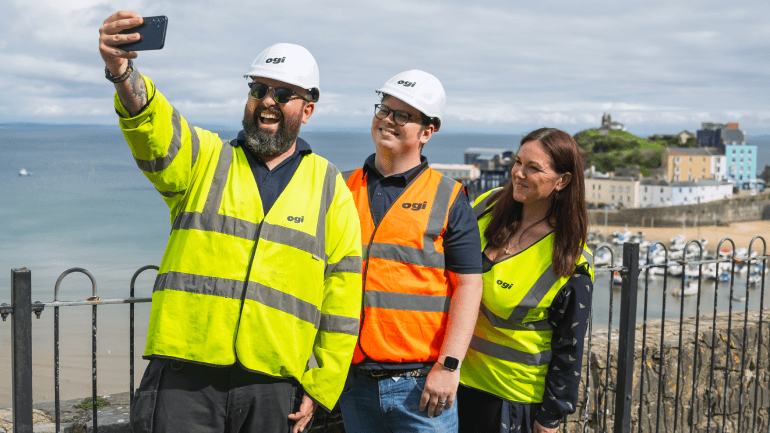In a pioneering collaboration, Samsung, Vodafone, and Orange have achieved a significant breakthrough by completing the first 4G calls over shared networks in rural Romania using Open RAN technology. This milestone, with the promise of integrating 2G and 5G, signifies a transformative step towards more efficient, sustainable, and innovative telecommunications.
Vodafone is expanding its devotion to Open RAN technology, joining forces with Nokia in a progressive venture in Italy. The initiative aligns with Vodafone’s Open RAN directive, largely centered in the UK, and extends influence to the Italian telecom landscape. With this first commercial 5G Open RAN pilot in Italy, they aim to prove Nokia’s Open RAN solution matches the functionality and quality of traditional RAN. With an eye on promoting automated, adaptable networks for the ever-growing demand of responsive 5G services, such innovation bolsters the EU’s digital sovereignty and global competitiveness.
Telecom giants Vodafone and Orange are breaking new ground with the first real-life 4G calls over a common shared network in an Open RAN setting. Stemming from a landmark endeavor near Bucharest, this initiative provides a glimpse into the potential strengths of an Open RAN-based network. What’s more? The progress doesn’t halt at 4G. The duo are set to soon take down another first – operating 2G and subsequently 5G, over shared Open RAN sites. Both operators see this as a model for extending mobile networks throughout rural Europe.
Colt Technology Services’ Annual Digital Infrastructure report reveals growing business prospects for partners, especially in AI-compatible tech like 5G, agile connectivity, and edge. Amid global uncertainty, there’s a solid market for partners providing consumption-based networks. However, tensions exist between IT chiefs and partners over integration and lack of APIs. This study highlights the evolving role of partners, suggesting this could be an opportune moment to overcome challenges and embrace the digital revolution progress.
Taking leaps in autonomous network management, Telefónica skillfully navigates the complex landscape, developing standards and aligning with recognized organizations. With their Autonomous Network Journey program, they unravel the value of AI and machine learning at multiple levels. With successful solutions like Vivo Config, they’ve achieved substantial work savings and dramatically reduced network alarms and reworks, while actively focusing on energy efficiency and emissions reduction – invaluable attributes in the era of sustainability.
The European Commission is urging member states to conduct shared risk assessments in key tech realms including advanced semiconductors, AI, quantum tech, and biotech. Amidst the cloud of geopolitical tech skirmishes, EU stands poised to protect sensitive technologies and is resolved not to preemptively decide on any corrective measures. Only time will reveal the Commission’s next steps after risk assessments.
Wales’s leading alternative telecoms provider – Ogi – has revealed plans to bring full fibre connectivity to Tenby, one of Pembrokeshire’s most iconic seaside towns. Tenby is the latest of over 60 communities across south Wales to benefit from Ogi’s privately backed broadband rollout launched in 2021. Once work to connect around 5,000 premises in the town is complete, Ogi will be the leading alternative choice in much of west Wales.
The telecommunications realm of Sweden and Denmark is on the brink of a substantial transformation, with Stonepeak’s impending acquisition of a 49% stake in Cellnex Nordics. Despite alterations in ownership, operational management remains with Cellnex. However, the agreement awaits regulatory approval, with full expectancy of completion by Q1 2024. The funding injection is anticipated to bolster Cellnex’s debt reduction strategy, aiming for a coveted S&P investment grade credit rating. Both parties share a positive outlook, viewing this step as critical in Cellnex’s broader shift towards consolidation.
The UK’s communications regulator, Ofcom, has finalized plans to auction off mmWave spectrum for mobile services, with an eye on potential effects a pending Vodafone/Three UK merger might have. This move underscores the regulatory body’s diligent efforts to enhance 5G spectrum allocations, allocating citywide licenses to 68 major UK locations. Despite the anticipated delay due to the merger’s evaluation, Ofcom plans to award licenses on a first-come, first-served basis in less densely populated areas, promising a balanced landscape for both telecom giants and early adopters.
Nvidia aims to convince telecoms to use its GPUs in 5G networks, citing NTT Docomo’s recent GPU-accelerated 5G launch in Japan. Yet, the role of Nvidia’s GPUs in telecom remains unclear. Meanwhile, the FCC breaks a two-year deadlock, reigniting net neutrality debates. Telefonica Germany partners with Skylo for global IoT connectivity, expanding options for businesses and consumers. Nokia explores rugged 5G devices for harsh environments, catering to specialized industries with challenging conditions.













